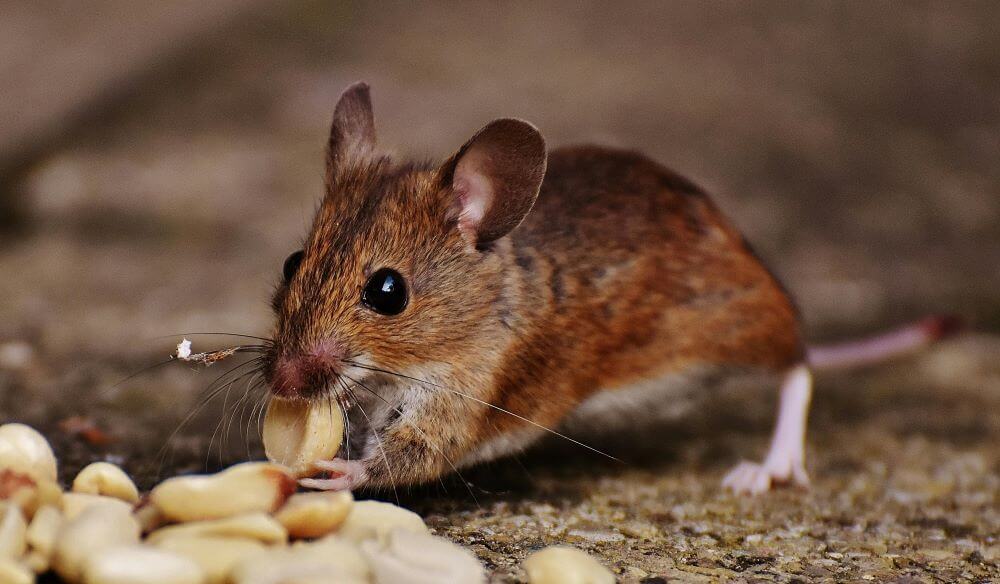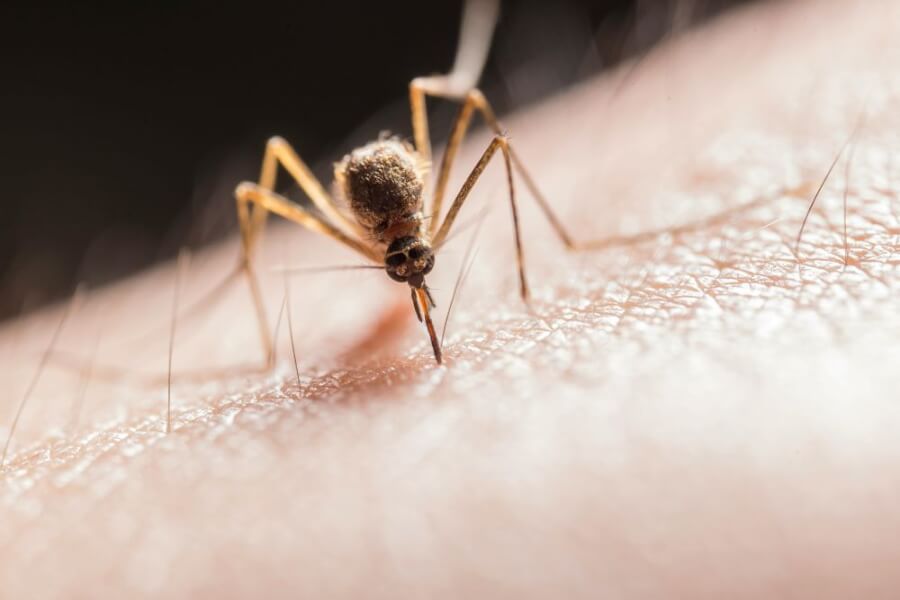In the excitement of purchasing a new home, it’s easy to overlook the potential presence of pests. However, neglecting to assess this aspect of a property can lead to significant problems down the line. A pest infestation can not only compromise the comfort and safety of your living space but also result in costly repairs and treatments. Hence, inspect the property for any signs of pests before deciding on a prospective home.
From hidden dangers within walls to the condition of the roof and everything in between, being vigilant in your inspection can save you from headaches in the future. Moving into a pest-free home is paramount to your peace of mind and the longevity of your investment.
The Hidden Dangers Lurking In Walls
When considering a potential home purchase, looking beyond surface appearances and inspecting the walls for hidden dangers is important. Walls may conceal a variety of pests, ranging from termites to rodents, which can wreak havoc on your home’s structural integrity and peace of mind.
Termites, in particular, are notorious for causing extensive damage, often going unnoticed until the problem becomes severe. Addressing pest issues within walls requires a thorough inspection and prompt action to prevent further damage. By scrutinizing the walls of a prospective home, you can identify and address potential pest problems before they escalate into costly nightmares.
Foundation Inspection Is Important For Moving Into A Pest-Free Home
Ensuring that the foundation of a potential home is free from termite infestation is paramount in safeguarding your investment. Termites have a voracious appetite for wood and can cause extensive damage to the structural integrity of a property if left unchecked. When inspecting the foundation, pay close attention to any signs of termite activity, such as mud tubes, damaged wood, or discarded wings.
Take note of any areas where wood comes into contact with soil, as these are prime termite entry points. Additionally, consider seeking the expertise of a professional termite inspector to conduct a thorough assessment. Thoroughly evaluating the foundation for termite risks will enable you to treat any issues early and guarantee that your future house remains pest-free. If you want to secure moving into a pest-free home, take this step seriously.

The Importance Of Roof Examination
Examining the roof of a potential home is an important step in identifying and addressing potential pest entry points. The roof is the first line of defense against pests such as rodents, birds, and insects, making its condition paramount to maintaining a pest-free environment. During your inspection, look for signs of damage or deterioration that could provide pests with easy access to the home’s interior. Pay close attention to areas where roof components meet, as gaps or openings can serve as entry points for pests.
In addition, inspect the roof’s flashing and vents, as these are popular access points for bugs. If you have completed this, you can start your moving process feeling safer about your new home. However, the moving process is complicated, so ensure you get the right professionals to do this, too. Find reputable companies with long tradition and experience.
For instance, AmeriSafe Moving Services is a professional moving company specializing in ensuring the safety and security of your belongings during the relocation process. They go above and beyond by taking extra precautions to safeguard your possessions, making them an excellent choice for your move. With their help, you can trust that your items will be handled carefully and arrive intact in your new home.
Checking Crawl Spaces And Attics
Exploring beyond the surface cleanliness of a potential home involves inspecting less accessible areas like crawl spaces and attics for signs of pest activity. These secluded spaces often harbor pests such as rodents, bats, and insects, which can go unnoticed if left unchecked.
When inspecting crawl spaces and attics, look for evidence of pest droppings, nests, or chewed materials indicating the presence of pests. Also, the integrity of insulation and ventilation systems should be assessed, as these can influence pest activity. Properly sealing entry points and maintaining cleanliness in these areas is essential for preventing pest infestations from taking root. You can keep undesirable visitors out of your possible home by meticulously inspecting crawl spaces and attics for pest indicators.

Landscaping And Pest Control: An Important Connection
Understanding the essential connection between landscaping choices and pest control is necessary for maintaining a pest-free environment around your potential home. Certain landscaping features and practices can attract or deter pests, making thoughtful landscaping decisions paramount.
For instance, overgrown vegetation can provide hiding places and breeding grounds for pests, while well-maintained landscaping can discourage pest activity. Consider opting for pest-resistant plants and strategic placement of landscaping elements to minimize pest attraction. Further, implementing proper drainage solutions can help prevent water accumulation, which can attract pests like mosquitoes and rodents.
Water Sources: A Magnet For Pests
Recognizing the allure of water sources to pests is essential when assessing the pest resistance of a potential home. Pests such as mosquitoes, rodents, and certain insects are attracted to areas with readily available water, making leaky faucets, standing water, and poorly maintained drainage systems potential breeding grounds.
By addressing water sources around the home, you can mitigate the risk of attracting pests and reduce the likelihood of infestation. Inspect outdoor areas for signs of water accumulation and promptly address any leaks or drainage issues. Implementing proper drainage solutions and maintaining clean gutters can help prevent water pooling, minimizing the risk of pest attraction.

Conclusion
Sustainable pest management strategies can assist in keeping a pest-free environment while reducing environmental impact. Whether examining storage rooms for pests or assessing landscaping options to dissuade unwelcome guests, taking proactive steps to avoid pests may save you time, money, and worry. Prioritizing pest control procedures before acquiring a property will secure your moving into a pest-free home, knowing that it is free of undesirable pests and conducive to a healthy and pleasant lifestyle.
Also, check out our guide on lawn care for new homeowners.
FAQ
Be Sure To Check Out Some Of Our Services:
Lawn Aeration — Rodents — Mosquitoes — Ants — Lawn Seeding








